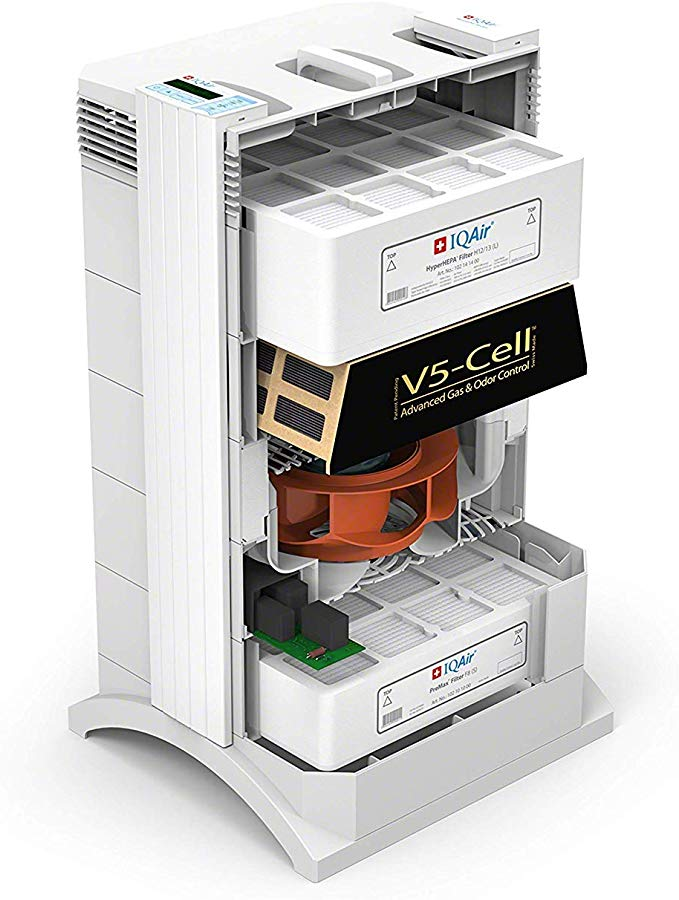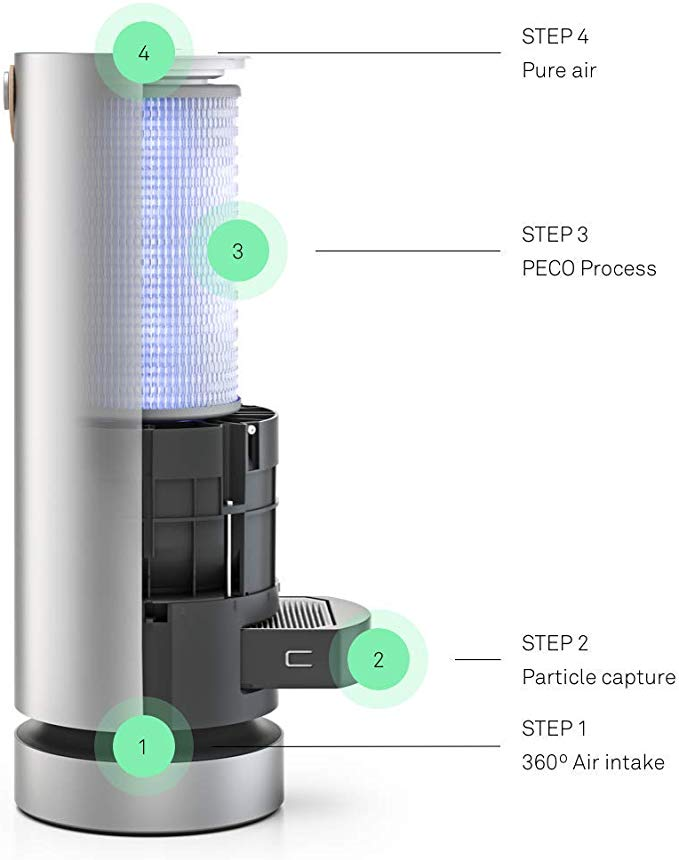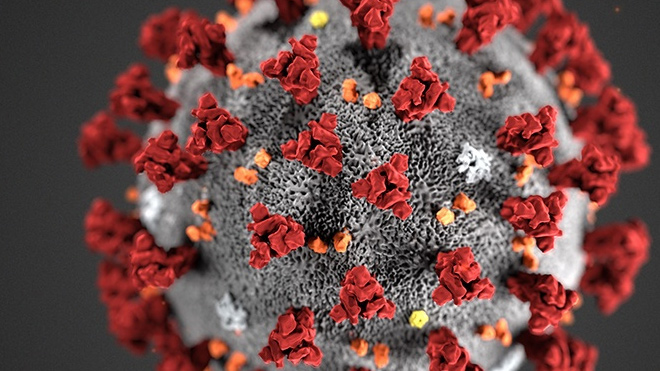In these confusing times, people are looking for any solution that can to keep themselves and their loved ones safe from the coronavirus. Many people have visited our site and some have posed questions about coronavirus, purifiers and COVID-19. We want to be absolutely clear on a few things.
In case you don’t read this entire article, we want to state a few things up front:
First, if you believe that you or someone in your family has contracted coronavirus consult with a medical professional. This website cannot provide you with medical advice of any kind. And, for those seeking official information about COVID-19 we recommend visiting the informational pages provided by the WHO or the CDC.
Second, no air purifier can completely protect anyone from contracting COVID-19 or any other virus. That doesn’t mean they cannot provide benefit, but they are not a panacea and should not be thought of as such.
Can air purifiers protect against coronaviruses like COVID-19?
Regardless of what you may think, or have been led to believe, while air purifiers may provide some protection against coronavirus, no air purifier can completely protect you from COVID-19, coronaviruses or any other virus.
There are some simple reasons why. And, please understand that our commentary is not medical advice, nor should it be used to sway you purchasing, or not purchasing, an air purifier for health reasons.
However, we would encourage you to understand how and why an air purifier could provide that limited amount of protection, and why it is not a panacea against COVID-19.
What is HEPA filtration?
HEPA filtration is the highest level of filtration in use by most air purifiers and by just about all air scrubbers.
In air scrubbers, HEPA filtration is perfect for its intended use, which is largely mold abatement and for removing particles like lead from enclosed spaces.
HEPA filtration works in those cases because the particulates it is trapping are large enough that they do get trapped in a HEPA filter.
Some manufacturers have gone beyond HEPA filtration. One standout is IQAir. IQAir’s HealthPro Plus air purifier uses what they call HyperHEPA filtration.
Their product information states the unit has “Medical-Grade Air Filtration: 100x more effective than HEPA air purifiers.”
IQAir also sells whole-home air purifiers which integrate with existing residential HVAC systems..

IQAir HealthPro Plus
Do air purifiers with HEPA filters protect against coronaviruses and COVID-19?
The short answer is that to a certain degree yes. Some virus-sized particles can technically be trapped by a HEPA filter. And, once trapped, a virus wouldn’t be able to multiply on its own or remain infectious for very long. But, to be clear, that does not mean that an air purifier in and of itself provides protection from coronaviruses or COVID-19.
Again, we want to be clear and help spread helpful information. While we could just end the conversation there, we want to talk a bit more about COVID-19. First, studies indicate that coronaviruses, including COVID-19, are not airborne illnesses. Second, COVID-19 can spread merely by contact and, as WebMD explains, it has the ability to survive ‘a few hours several days on surfaces and several days in the air under experimental conditions.’
That information should shape your understanding of the how an air purifier can, and cannot, provide protection. Simply stated, if it’s not in the air, it can’t be pulled into an air purifier. An air purifier has no effect whatsoever on a surface with infectious COVID-19 present on it.
What is a PECO filter?
We’re not scientists, so we’ll leave it to them to explain this one. “Photoelectrochemical oxidation (PECO) is a new air purification technology developed to reduce circulating indoor allergens. PECO removes particles as small as 0.1 nm with the destruction of organic matter otherwise not trapped by a traditional filter and removes volatile organic compounds.”
That quote is from a paper called Effect of a Novel Photoelectrochemical Oxidation Air Purifier on Nasal and Ocular Allergy Symptoms. Not exactly light reading.
We’ve also included a cutaway of an air purifier by Molekule which employs PECO filtration technology.
Our understanding is that Molekule is the only consumer product employing PECO filtration.

Molekule Air Purifier
Can an air purifier with a PECO filter trap or kill the coronavirus?
Theoretically, based on its construction, a PECO filter would be more effective at trapping the coronavirus than a HEPA filter if it was present in air that passed through it.
The ‘theoretically’ and ‘if’ phrasing of that statement are both important. As with HEPA-equipped air purifiers, there is no evidence that an air purifier with a PECO filter can completely protect anyone from contracting COVID-19.
And, importantly, studies indicate that coronaviruses, including COVID-19, are not airborne illnesses.
Efforts to prove or disprove air purifiers’ role in fighting coronaviruses
We’ve included Molekule earlier in this post as it is a well-known PECO-equipped air purifier. According to Bloomberg, Molekule is “working with the University of Minnesota to test so-called proxies for the coronavirus — which mimic the agents of the epidemic — the company hopes to get a more accurate reading on exactly what it takes to kill the virus.”
“Molekule’s air purifiers have already killed other viruses in lab tests, Rao said. The initial results from the tests on the coronavirus proxies could come in six to eight weeks,” the article continues.
The other air purifier manufacturer of note is IQAir. IQAir worked to learn more about the role of air purifiers during the SARS virus outbreak of 2003. They have again stepped up to work with hospitals in Wuhan with COVID-19, supplying HealthPro 250 Series air purifiers. In return for the units, the hope is that a better understanding of how their HyperHEPA filters perform against coronaviruses.
While there are no results to share at this time, we will continue monitoring the tests by both Molekule and IQAir and will update this article accordingly.

